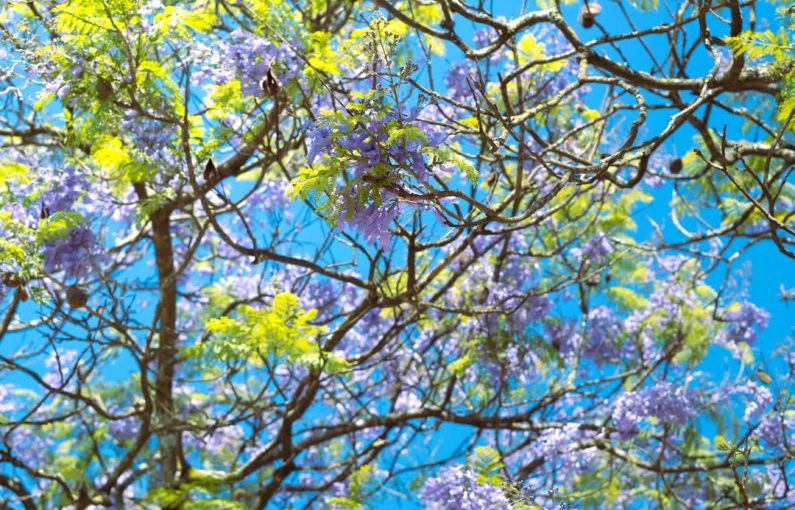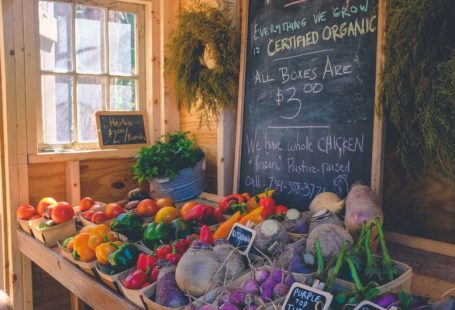In recent years, the importance of incorporating indigenous knowledge into conservation efforts has gained recognition worldwide. Indigenous communities possess valuable insights and practices that have been passed down through generations and play a crucial role in protecting the environment and biodiversity. This article explores the significance of indigenous knowledge in conservation and highlights how it can complement scientific approaches to achieve sustainable outcomes.
**The Wisdom of Indigenous Communities**
Indigenous communities have a deep understanding of the natural world, acquired through centuries of living in harmony with their surroundings. This knowledge encompasses a wide range of areas, including traditional land management practices, resource conservation techniques, and biodiversity protection strategies. By drawing on their intimate connection to the environment, indigenous peoples have developed sustainable ways of utilizing natural resources without causing long-term damage.
**Biodiversity Conservation**
One of the key contributions of indigenous knowledge to conservation is in the preservation of biodiversity. Indigenous communities often have intricate knowledge of local ecosystems, including the behavior of plant and animal species, seasonal patterns, and ecological relationships. This knowledge is invaluable for identifying conservation priorities, managing protected areas, and restoring degraded habitats. By incorporating indigenous perspectives into conservation planning, it is possible to develop more effective strategies for safeguarding biodiversity and promoting ecosystem resilience.
**Traditional Ecological Knowledge**
Traditional ecological knowledge (TEK) refers to the cumulative body of knowledge, practices, and beliefs that indigenous communities have developed about the natural world. TEK encompasses a holistic understanding of ecosystems, including the interconnections between different species, the impact of human activities on the environment, and the importance of maintaining ecological balance. By integrating TEK into conservation initiatives, researchers and policymakers can gain new insights into ecological processes and enhance the sustainability of their interventions.
**Community-Based Conservation**
Indigenous knowledge also plays a crucial role in community-based conservation initiatives. Many indigenous communities have established their own conservation projects to protect sacred sites, traditional territories, and culturally significant species. These community-led efforts are often more successful than top-down approaches because they are rooted in local values, traditions, and practices. By empowering indigenous communities to take a leading role in conservation, it is possible to create more inclusive and sustainable conservation outcomes.
**Challenges and Opportunities**
Despite the value of indigenous knowledge in conservation, there are challenges to its integration into mainstream practices. One of the main obstacles is the lack of recognition and respect for indigenous perspectives among policymakers and scientists. Indigenous knowledge is often marginalized or dismissed as unscientific, leading to missed opportunities for collaboration and learning. Overcoming these barriers requires building partnerships based on mutual respect, trust, and shared decision-making.
**Towards a More Inclusive Conservation Approach**
In conclusion, the role of indigenous knowledge in conservation is essential for achieving long-term sustainability and biodiversity protection. By recognizing and valuing the wisdom of indigenous communities, we can enhance the effectiveness of conservation efforts and promote more resilient ecosystems. Moving forward, it is crucial to prioritize the integration of indigenous knowledge into conservation policies, research programs, and management strategies to ensure a more inclusive and holistic approach to environmental protection.





